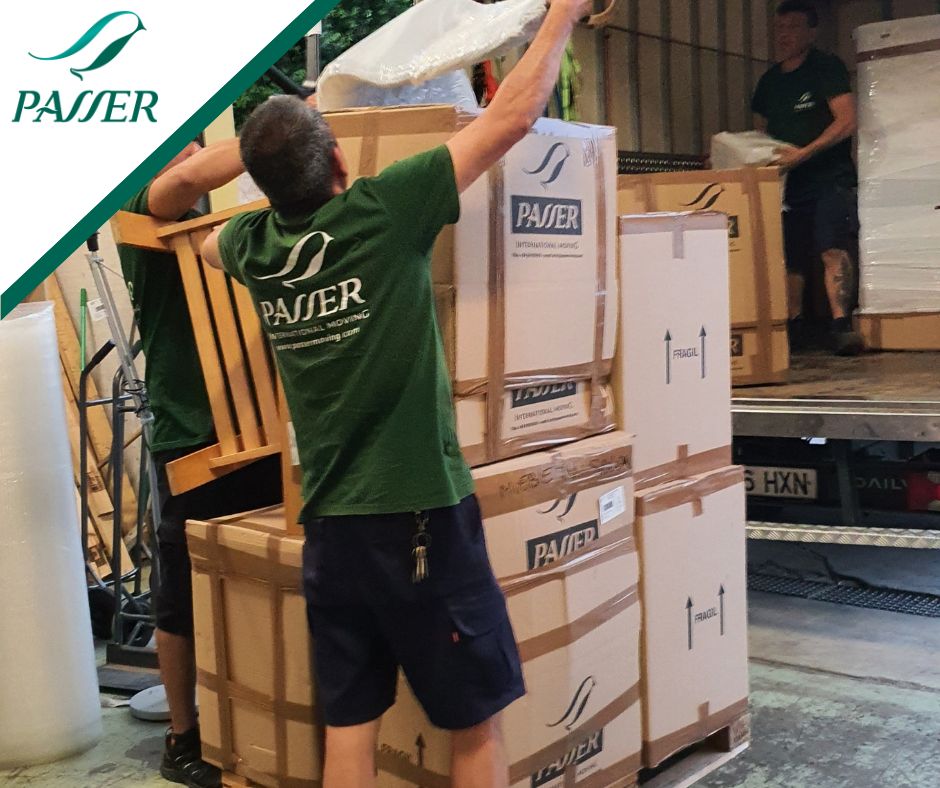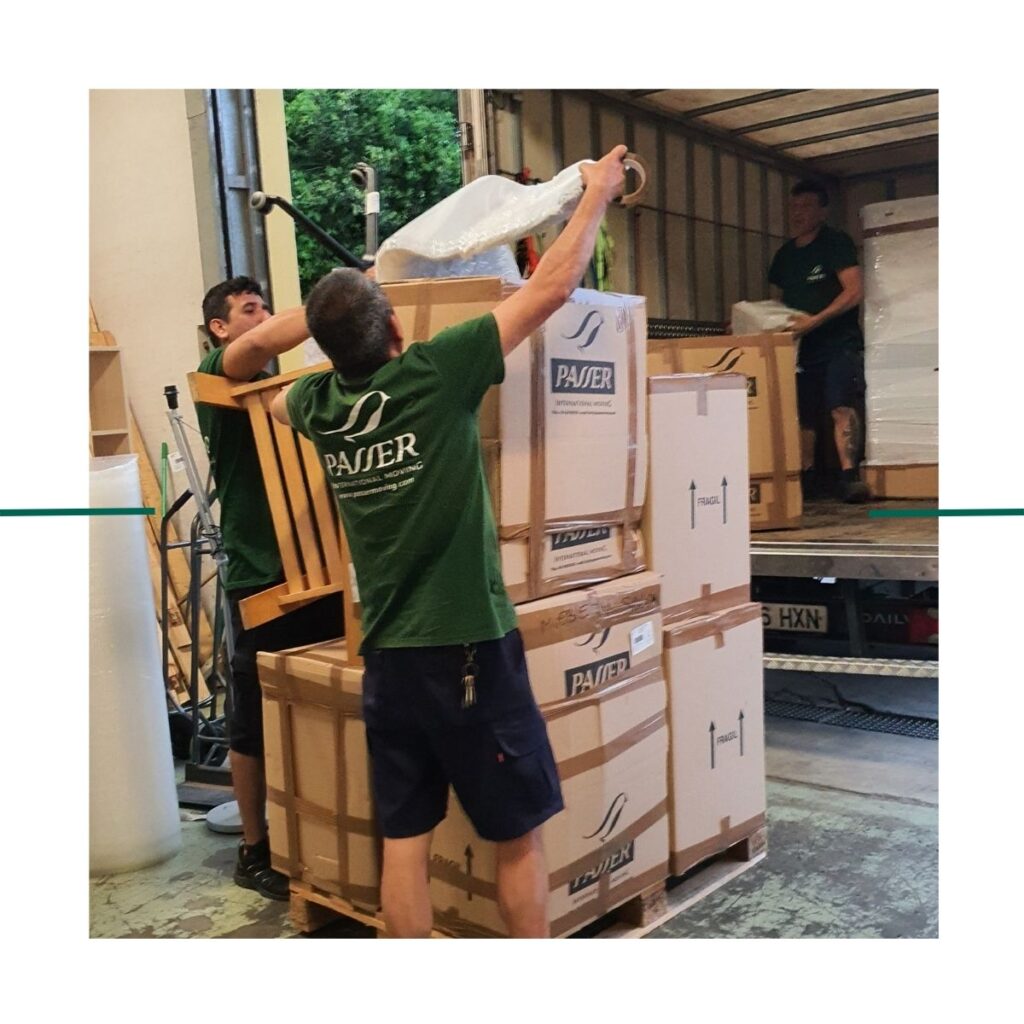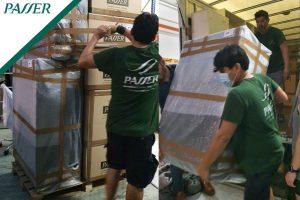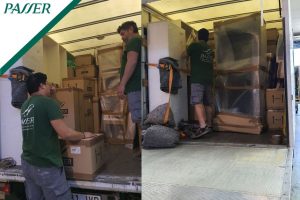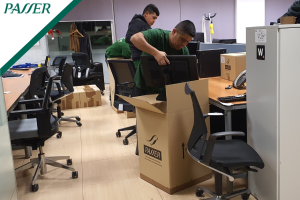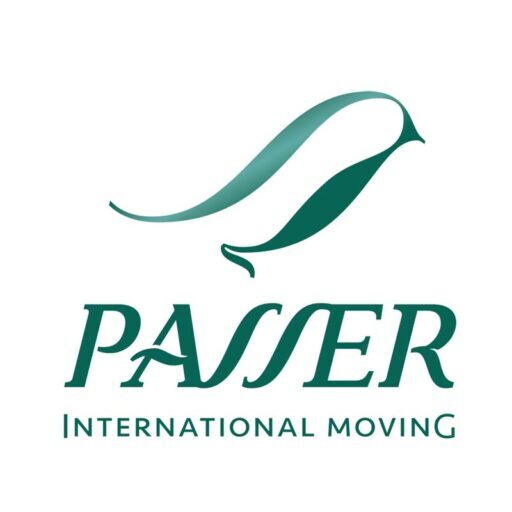Introduction
Moving to another country is exciting, but it can also be a logistical challenge. Can you imagine starting a new life abroad only to discover that your belongings were delayed or lost along the way? international removals Requires detailed planning to avoid mistakes that can complicate the move and cause stress. In this article, we explain the most common mistakes in international moves and give you practical tips to avoid them.
Common Mistakes in International Moving and How to Avoid Them
1. Not Taking a Complete Inventory
One of the most common mistakes when moving internationally is failing to make a detailed inventory of all the belongings being moved. This can lead to confusion and difficulty tracking your belongings during the trip.
- AdviceMake a detailed list of each item and category in your inventory. This will help you understand what you're bringing with you and help you better organize unpacking in your new home.
2. Ignoring the Customs Requirements of the Destination Country
Each country has its own customs regulations, and failure to comply can result in delays, fines, or even the loss of your belongings.
- Advice: Research import requirements in your destination country and make sure you have all necessary documentation, such as invoices, ownership certificates, and identification documents.
3. Not Making Backup Copies of Documentation
If you have important documents in digital format, it's essential to make backup copies before moving, as electronic devices can be damaged during transport.
- Advice: Back up all important files and store them on a separate device or in the cloud so they're safe and accessible in case of loss.
4. Not Purchasing Adequate Insurance
Many people assume that insurance for their belongings isn't necessary, but international moves carry certain risks, such as lost or damaged items during transit.
- Advice: Take out insurance that covers all your belongings to avoid financial losses in the event of an accident or damage.
5. Packaging Improperly
Improper packaging is a common cause of damage during international moves. Packing in flimsy boxes or failing to adequately protect fragile items can result in the loss of belongings.
- AdviceUse high-quality packaging materials, such as bubble wrap, sturdy boxes, and fragile labels for delicate items. This ensures your items arrive in good condition.
6. Not Planning Transportation in Advance
International moves require logistical coordination between multiple providers and can take longer than expected. Failure to plan ahead can cause delays and last-minute problems.
- AdvicePlan your move at least three months in advance. This will allow you to coordinate transportation and have enough time to resolve any issues.
7. Underestimating the Cost of Moving
Many people miscalculate the total cost of an international move, overlooking additional expenses such as customs fees, insurance, and special transportation services.
- Advice: Create a detailed budget that includes all associated costs, and have a safety margin in case of unforeseen expenses.
Tips for a Smooth International Move
Make a Checklist
A checklist will help you make sure you don't forget any details. It covers every step, from requirements research to packaging and shipping.
Use Labels on Boxes
Labeling each box with its contents and the room it belongs to will make the unpacking process easier in your new home.
Hire a Specialized International Moving Service
Choosing a moving company with experience in international relocation will reduce the risk of errors and problems during the process.
Conclusion
Avoiding common mistakes when moving internationally is possible with good planning and attention to detail. From taking inventory to proper packing and securing insurance, every step is key to a successful move. At Passer Moving, we have an expert team of international movers who guarantee the safe and efficient transfer of your belongings. Contact us and ensure your move is stress-free and seamless!
Do you need to make a move? we can help you
At Passer we are always willing to collaborate

